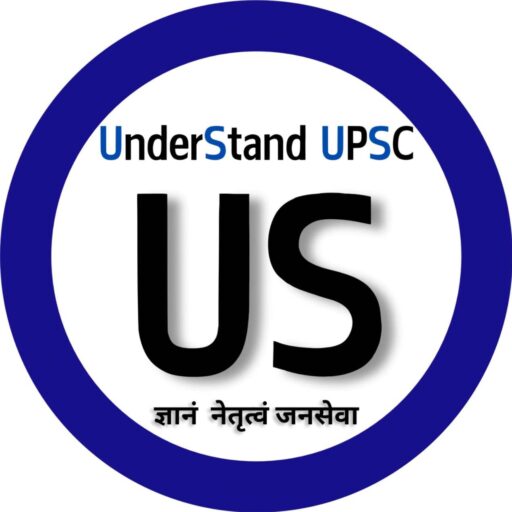Preparing for the UPSC Prelims can feel like navigating a maze, but don’t worry—you’re not alone! With the right strategy and focus on important topics, your journey to clearing this first hurdle can be smooth and rewarding.
In recent years, the UPSC Prelims have become more unpredictable and, let’s face it, a bit dicey. Questions often come from unexpected corners, making it harder to predict the paper’s focus. But don’t let that intimidate you! In such scenarios, keeping track of important topics is like having a reliable map—it keeps you focused, prepared, and sane amidst all the uncertainty.
In this blog, we’ll list the key areas you must cover for Prelims 2025. Think of it as your go-to guide for all the topics that matter, saving you time and energy. Whether it’s current affairs, history, or environmental issues, we’ve got it all sorted in a way that’s easy to digest.
Let’s make your preparation smarter, not harder. Ready to dive in?

Why a List of Important Topics is Crucial for Prelims
The UPSC Prelims syllabus is vast and unpredictable, making it easy to lose track. A list of important topics helps you:
Stay Focused: Prioritize high-relevance areas instead of drowning in endless material.
Handle Uncertainty: Cover recurring themes to tackle UPSC’s unpredictable nature confidently.
Save Time: Streamline your revision with a clear, concise checklist.
Boost Confidence: Know you’re prepared for what truly matters.
In Prelims, smart work beats hard work—every time!

Important topics for Prelims 2025:
History
◆ Buddhism and Jainism
◆ Harappan civilization
◆ Mauryan empire: administration, economy, society, art/architecture
◆ Gupta period: society, invasions, economy, art/architecture: especially temple architecture
◆ Mughal era: administration
◆ Bhakti movement: saints, timeline, literary works
◆ Early medieval kingdoms and timeline
◆ Historical background of Indian constitution [charter acts, GOI acts]
◆ Philosophical schools
◆ Socio-religious reform movements
◆ British rule and constitutional acts
◆ Tribal and peasant revolts

Geography
◆ Climate-related concepts: cyclones, types of climatic zones
◆ Oceanography: salinity, geological features, temperature, currents
◆ Indian climate: monsoon, agriculture, agriculture, soils of India, vegetation
◆ River system of India
◆ Map-based question: here we can give ref to Satyam sir’s mapping playlist too [Bharat Darshan]
◆ Mineral distribution all over the world and in India

Polity
◆ Parliament and its process
◆ Judiciary
◆ constitutional/nonconstitutional bodies
◆ Statutory bodies
◆ Elections and election-related news
◆ Preamble
◆ Schedules
◆ FR
◆ DPSP
◆ Panchayati raj institutions
◆ Emergency

Economy
◆ Banking and its functioning
◆ RBI and monetary policy
◆ External markets
◆ Inflation
◆ Budget and fiscal policies
◆ Macroeconomy concepts
◆ Capital market
◆ International financial institutions: WTO, IMF, etc
◆ Agriculture

Environment
◆ Places in the news
◆ International environmental conventions: Stockholms, Vienna, COP, etc
◆ Biodiversity
◆ Climate change
◆ Types of pollutants and pollutants
◆ National parks, sanctuaries, etc
◆ IUCN status of animals
◆ Animal behavior

Science and Tech:
◆ Nanotechnology
◆ Biotechnology
◆ Diseases
◆ Animal kingdom
◆ Basic biology: cells, vaccines, etc





